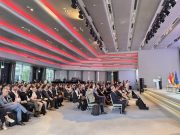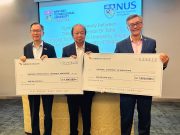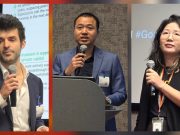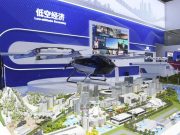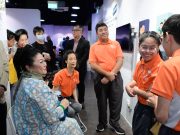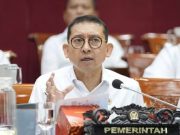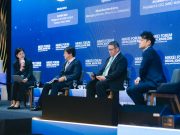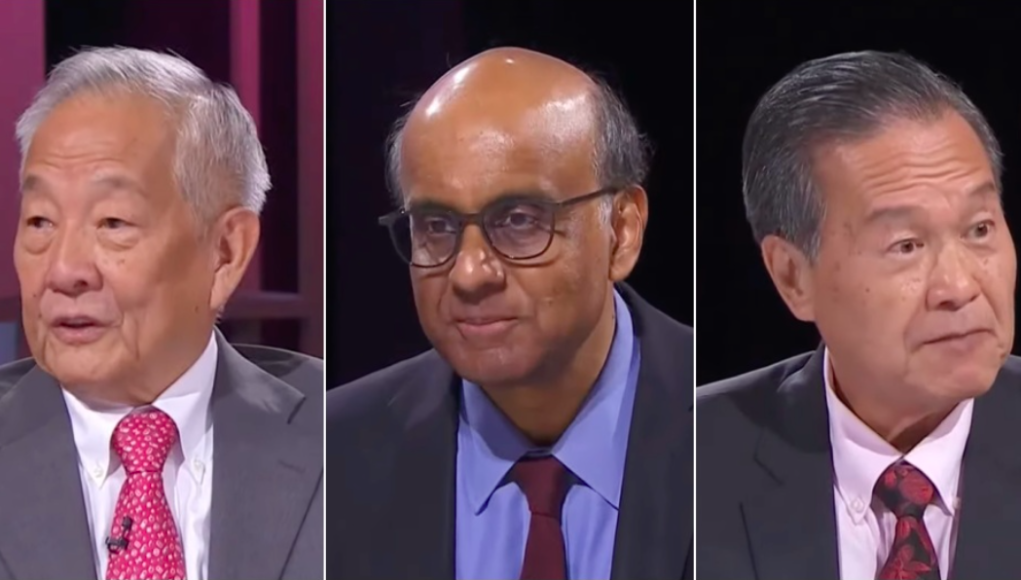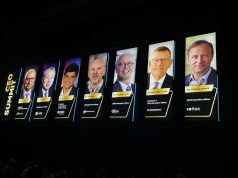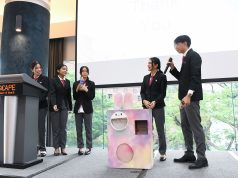(Singapore Aug 30, 2023) Singapore’s presidential candidates, Ng Kok Song and Tharman, are clashing over their ideas of the candidates’ political backgrounds as Friday’s polling day looms.
On September 1, Singaporeans will be heading to the polls to vote for the country’s ninth president following the nominations of three candidates, the former GIC chief investment officer Ng Kok Song, the former Senior Minister Tharman Shanmugaratnam, and the former NTUC Income chief executive Tan Kin Lian.
Ng Kok Song said in yesterday’s statement to the media that it is “precisely because” the ruling party is perceived to be controlling all the national institutions, that there is so much political cynicism among Singaporeans.
He was responding to Tharman’s comments in Monday’s live televised presidential forum.
He added that the People’s Action Party (PAP) “has had its say” on the past elected presidents, and the time has come for a president free of political influence.
During the forum, Ng underscored his nonpartisanship, noting that a candidate who is endorsed or supported by a political party might be influenced into serving that party’s political agenda.
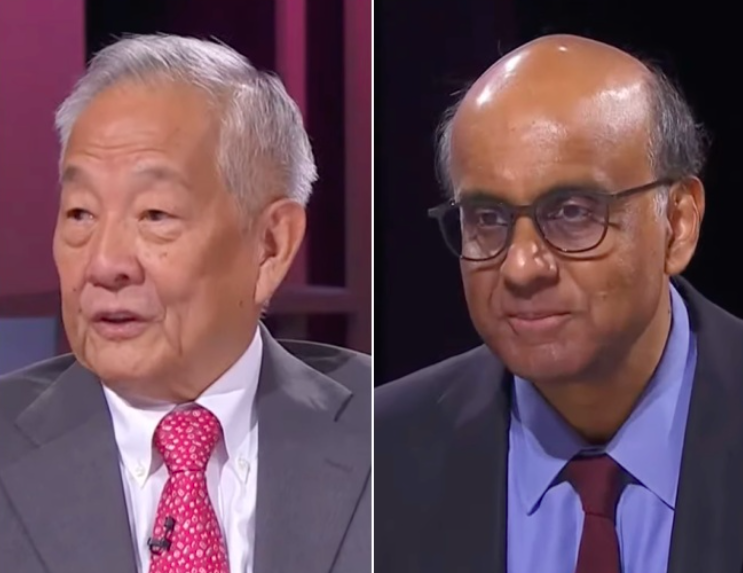 Following that, Tharman said that the presidential election is a “contest between individuals” and that people should “avoid simple labels”.
Following that, Tharman said that the presidential election is a “contest between individuals” and that people should “avoid simple labels”.
“If we go with the label of whether you’ve been a member of a political party or not, I think that’s extremely simplistic,” he said.
He added that if a candidate was ruled out by their past political affiliation, candidates like Ong Teng Cheong, Tony Tan, and Tan Cheng Bock would have been similarly excluded.
He said it would also have ruled out “a whole set of people, if you think about it, who may not be members of a political party, but who have owed their positions to their bosses, who were ministers”.
Tharman also raised an example of private companies, such as construction companies that depend on government contracts or “a fund management company that depends on government monies”.
“Does that make you not independent? Not necessarily,” he said.
“It depends on your character, your track record. So I would say avoid the simple labels. Make this a contest between individuals. Do they have the spine? Do they have the track record?” Said the 66-year-old former MAS chief.
In reply to Tharman’s comments, Ng claimed that “Mr Tharman’s remark about the fund management company is clearly about me, and I would like to respond to that”.
He went on to say that by comparing those with past political affiliations to anyone who is dependent on the government in some way, Tharman is “taking the point too far in arguing his case”.
“He might as well say all Singaporeans are beholden to the government because all of us are impacted by government policies in one way or another,” Ng said.
“There is a big difference between being a senior government leader and the rest of us.”
Ng noted that for the President to fulfill his role to be an effective check and balance to the government, he must derive his mandate “directly from the people”.
He added that the Prime Minister and Cabinet members are already selected from political parties that contest in the General Elections.
So if the President should similarly derive his mandate from, or in opposition to, those same set of political parties — “then we might as well abolish the institution of the elected presidency,” Ng said.
“We would be wasting time and resources by having a General Election and Presidential Election that is a proxy to the General Election.”
“Singaporeans feel PAP wants to have the final say in everything, and no matter what they say, PAP will decide and tell us what is best for us,” he said. “Even on the recent issues debated in Parliament, the PAP had the final say.”
This has given rise to an atmosphere of divisiveness, with Singaporeans splitting into two camps: pro-PAP and anti-PAP, he said.
“It is unhealthy and divisive. Why? Because we will lose sight that we are all Singaporeans, and we must be united,” he said.
“Let us keep our elected presidency free from the influences and agendas of political parties so that the elected President can be effective and faithful in discharging our constitutional duties.”


